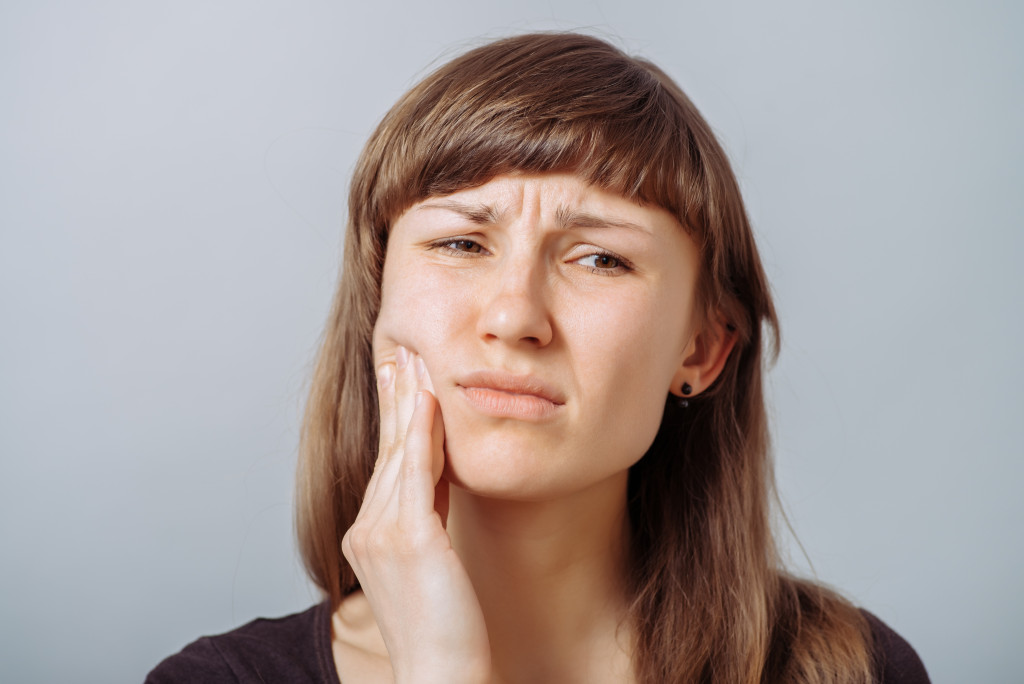Disclaimer: This website provides health information for educational purposes only and is not a substitute for professional medical advice, diagnosis, or treatment. Always seek the guidance of a qualified healthcare provider with any questions you may have.
As a parent, it’s normal to want to protect your child from any and all harm. But as your daughter enters her teenage years, certain health issues become more common. Here are a few of the most common health issues faced by teenage girls and tips on how to address them:
Anxiety disorders
According to the National Institute of Mental Health, an estimated 31.9% of adolescents suffer from an anxiety disorder. While boys and girls are susceptible to developing anxiety disorders, teenage girls are generally more at risk due to their unique pressures during adolescence.
Girls are often under immense pressure to succeed academically, athletically, and socially, leading to feelings of inadequacy and insecurity. Additionally, the hormonal changes associated with puberty can trigger or exacerbate anxiety symptoms. If you suspect your daughter is suffering from an anxiety disorder, it is important to seek professional help. With proper treatment, most teenagers with anxiety disorders can lead happy and successful lives.
Eating disorders

You may wonder what you can do to help your teenage daughter avoid developing an eating disorder. First, it’s important to understand that eating disorders are more common in teenage girls than in any other demographic. This is due to several factors, including the pressure to conform to societal ideals of beauty and the hormonal changes that occur during adolescence. There are a few signs that you can look for that may indicate your daughter is at risk for developing an eating disorder. These include preoccupation with weight and body size, drastic changes in eating habits, severe mood swings, and social withdrawal.
If you notice any of these signs, you must talk to your daughter about her feelings. You should also consider going to a health center specializing in intensive outpatient programs for people with eating disorders. The health professionals there can provide your daughter with the resources and support she needs to overcome her disorder and live a healthy, balanced life. They can also help you, as a parent, to support and guide her through this difficult time.
Depression
Teenage girls are also at a higher risk for developing depression than any other demographic. While the exact cause of this is unknown, several possible explanations exist. For one, hormonal changes during adolescence can lead to mood swings and irritability, increasing the risk of depression. Additionally, teenage girls are often under a great deal of pressure, leading to feelings of inadequacy and anxiety.
Finally, girls are more likely than boys to experience bullying and trauma, both of which have been linked to depressive disorders. As a result, it’s important to be aware of the signs of depression in teenage girls so that you can get your daughter the help she needs. Look out for withdrawal from friends and activities, persistent sadness or irritability, changes in eating or sleeping habits, and fatigue. If you notice any of these signs in your daughter, don’t hesitate to reach out to her doctor or mental health professional.
STDs
Another common health issue among teenage girls is sexually transmitted diseases or STDs. Many teenagers engage in sexual activity during their teenage years, and it’s important to know the risks associated with this behavior. Several STDs can affect men and women, including chlamydia, gonorrhea, syphilis, and genital herpes. STDs are often symptomless in the early stages, making them difficult to detect and treat. As a result, teenage girls need to be aware of the risks associated with unprotected sexual activity so that they can take steps to protect themselves.
If you suspect that your daughter may have an STD, it’s important to seek professional medical help right away. Various treatments are available, ranging from antibiotics and antivirals to topical creams and medications. In addition to seeking professional medical help, there are also things you as a parent can do to help your daughter stay healthy and avoid the risks associated with STDs. For example, you can talk to her about practicing safe sex by using condoms or other forms of birth control. You can also encourage her to set boundaries and communicate openly with her sexual partners so that she feels comfortable talking about safer sex practices. Lastly, you can educate your daughter about the risks associated with drugs and alcohol, often used to cope with anxiety or depression caused by an STD.
There are a variety of health issues that commonly affect teenage girls. As a parent, it’s important to be aware of these issues so you can help your daughter if she faces them. If you think your daughter may be struggling with any of these issues, don’t hesitate to contact a health professional for help.



